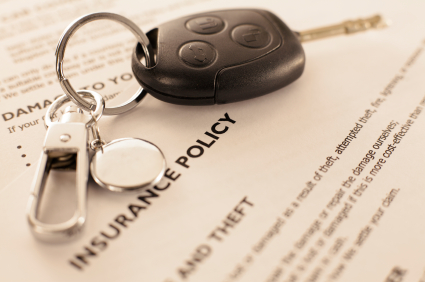
Effects on Car Insurance
Financing and leasing are two different methods of purchasing a new vehicle. Both the methods involve monthly payment schemes and a third-party company takes a stake in that vehicle. This clearly means that another company takes interest to protect the vehicle, which obviously relates to car insurance. However, the ongoing debate over finance vs. car lease is not yet clear to all:
1. Finance vs. car lease – The difference
When you buy a financed car, you are taking a loan to purchase the car with an obligation of paying to the finance company that has given you the loan with interest. Eventually, when you have paid off the loan amount and interest, you become the owner of the car. Of course, unless you sell it. Even when you pay off the loan, any value of that car belongs to you only after the loan is totally paid off. However, with a lease, you don’t own a car and you don’t have to pay it off. You only pay a monthly fee to the leasing company for driving the car. Leases also have the option of letting you purchase the car when your lease term is over. So, if you want to buy that car, you may. The lease also comes with certain conditions including the tenure of lease and number of miles you can travel during the term of the lease.
2. How do insurance rates matter?
Whether you purchased a finance car or leased one, it would not affect the insurance rates. Insurance companies base the rate on various factors, but the mode of purchase is not important. In fact, a leased, finances, and fully owned vehicle would have similar insurance rates, and all the other factors remain the same. Insurance companies decide the rates on the basis of other factors like driving record, where do you drive, how long you are driving, the year of the license, and model and make of cars you have driven. While the type, model, or make of car you have driven affects the rate, that vehicle would have the same rate regardless of how it was purchased.
3. How finance and lease are linked to car Insurance
When you finance a car or lease it, there is a third-party holding an interest in that car. The third-party has to be paid off when the car is totaled. As such, the leasing or financing company would be required to produce a document whereby they are listed on the policy as a leaseholder on that vehicle. This is the only way to protect the investment. In case of an accident wherein, the car is declared is a declared loss, insurance companies pay to the line holder or finance company or the leasing company. If the car were valued more than owed on it, you would receive the balance of the benefit amount only after the finance company has been paid off.
4. The better option
The advantages of finance vs. car lease depend on various factors such as the amount of down payment, tenure of finance agreement or lease, and depreciation. Before investing, be very sure of your risks and chances.



